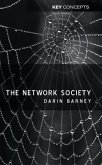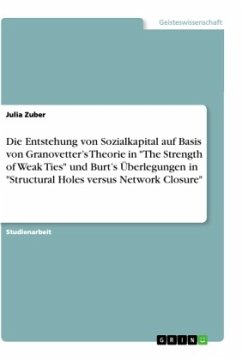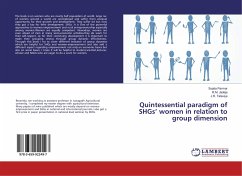This book has examined the paradoxically difficult integration of Social Network Analysis (SNA) in the law enforcement environment of Europol making two important theoretical contributions: the "basic work phenomenon" and the "input (procedural) legitimacy-innovation" hypothesis. Europol's transformation into an EU Agency in 2010 - with a "light" criminal information role and a preoccupation with elementary intelligence production and input legitimacy gains - seems to have weakened its epistemic authority and output legitimacy, impeding the integration of the innovative network paradigm. Apparently, the dominance of Eurosceptic and nationalistic views has raised high political and bureau-political barriers sidelining Europhile orientations in the sensitive area of EU law enforcement cooperation.The findings suggest that the main challenge for this EU Agency is to find a better balance between its political and epistemic authority and input (procedural) and output legitimacy. The book fills an empirical and theoretical gap in extant literature on EU Agency governance and furthers understanding of the inner workings of Europol.
Bitte wählen Sie Ihr Anliegen aus.
Rechnungen
Retourenschein anfordern
Bestellstatus
Storno








